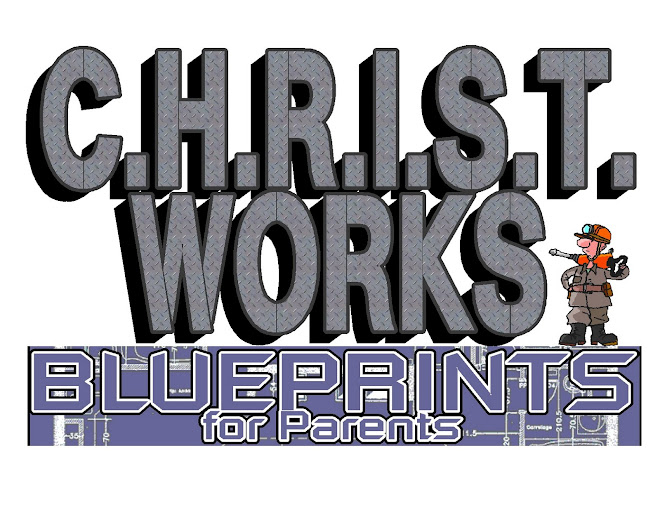When Adam and Eve disobeyed God, they put all the world and every
person who would be born after them on a path that leads to destruction – a
path caused by sin. They were then expelled from the Garden of Eden,
separated from God. Since then, all men have disobeyed God (Romans
3:23). Every person is separated from God by a great chasm of sin. People
have tried to bridge that chasm in ways of their own invention, but nothing
succeeded.
Yet God loved people so much that He provided the way for
them. He sent His Son, the Perfect Man, to take the punishment of sin for
us. Because Jesus was both God and Man, only He could bridge the gap
between God and mankind. Now, through Jesus, we can cross over into a
right relationship with God.








